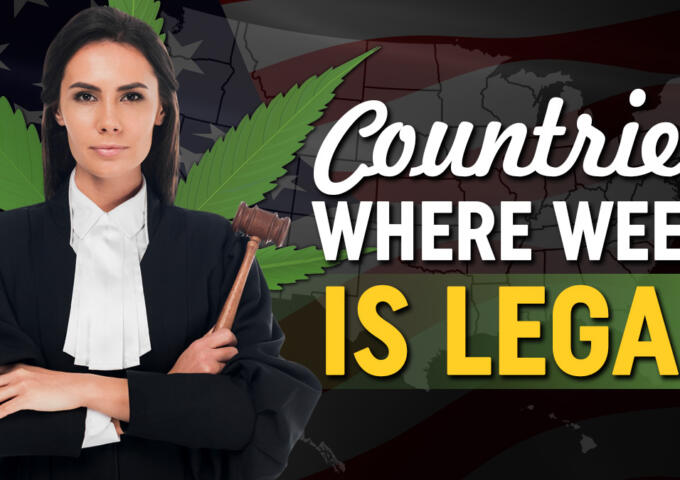Temple student Walter Smolarek remembers feeling energized when he heard Mumia Abu-Jamal’s voice directed at him.
“People, especially young people, can and must build movements that can force politicians to address issues of social justice,” Abu-Jamal, a radical who was convicted of the 1982 murder of Philadelphia police officer Daniel Faulkner, said in a taped recording played at the Asian Arts Initiative on Saturday. “I presume all of you know the name Nelson Mandela. What made it possible for him to become Nelson Mandela? Anti-apartheid movements, across the U.S., in Europe, in England, in Brazil and beyond, made it impossible for the racist system of apartheid to continue as it was.”
The implication wasn’t lost on Smolarek and about 100 other youth activists from across Philadelphia who sat and listened to the recording—created by their hero, to be played just for them and a group of students in New York—at this weekend’s Youth on the Move Forum: For Abu-Jamal’s legacy to live on, a new generation of social and political activists need to take the helm and spread his message.
That was mainly the point of the meeting of students from across the country, who spoke on social justice issues, mass incarceration, the so-called school-to-prison pipeline, and, of course, Abu-Jamal.
A 20-year-old education major, Smolarek thinks Abu-Jamal was “unjustly framed for murder for the things he’s done,” including his work as a journalist in the ‘70s and ‘80s, “reporting on issues that weren’t being touched by other media outlets … There’s room for a new generation of activism to step up on the case,” he says. And he and other Gen-Y-ers, millenials, or whatever you want to call them, are ready to take the helm.
Last weekend was the 32nd anniversary of Abu-Jamal’s arrest for murder at 13th and Locust streets. Each year, activists and organizers gather to mark the occasion—but this year, according to organizer Shesheena Bray, the events were a bit more important.
“We wanted to ensure the next generation knows about him, but after being at this youth forum on Saturday, I’m not concerned about that,” she says, “because they’re taking up this mantle on their own. And not just because they see the injustice that took place in Mumia’s case, but because they see the injustice in their own communities. They go to the public high schools. You don’t have to go very far to see the problems they see on a regular basis.”
Depending on who you ask, Abu-Jamal is one of two things: He’s either a psychotic murderer who killed a Philadelphia police officer in cold blood and deserves nothing more than a cold poison-packed needle to the brachial artery, or he’s the former president of the Philadelphia Association of Black Journalists who spent his free years as a radical, uncovering police brutality and corruption inside City Hall, only to be framed for the murder of one of Philly’s finest by the same police and City Hall bureaucrats who needed to shut him up.
After his 1982 conviction, Abu-Jamal was put on death row, and, if not for activists raising cash and pro-bono lawyers who believed in his innocence, would probably have been killed by the state by now.
In 2008, a three-judge panel of the U.S. Third Circuit Court of Appeals decided to move him to a life without parole sentence due to the jury in his original 1982 being improperly instructed. After legal battles, he was officially removed from death row in January 2012, though three months later, the Pennsylvania Supreme Court ruled that his case did not warrant a retrial.
Baruch College professor Dr. Johanna Fernandez, in Philly for the weekend’s events, believes if not for youth activism in the ‘90s, Abu-Jamal would be dead.
One of the coordinators of the Bring Mumia Home campaign, she first met Abu-Jamal in the ‘90s while a professor at Carnegie Mellon University, visiting him on death row after familiarizing herself with the Black Panther Party.
“In the 1990s, there were hundreds of thousands of people marching against his execution, which is why he’s alive today,” she says during a City Hall rally on Monday that attracted about 50 protesters and hundreds of car horn honks. “And now we have to launch a movement to bring him home to actually show the manner in which he was framed, how he is a political prisoner, why he was targeted by the police and by politicians and by the prosecution.”
How to do that? The youth, she says.
“It was young people who gravitated toward Mumia [in the ‘90s] because there was something about his defiance. It captured the imagination of young people who want to live in a different world, who want to imagine a different society in which they are not identified as Public Enemy No. 1,” she continued.
Tauheedah Shukriyyah Asad, 29, agrees—and believes Abu-Jamal may be this generation’s Nelson Mandela.
“Mumia is doing more in jail than most people are doing out in the world,” she says. “He’s still writing, and he has a radio show, and he’s aware of what’s going on in the world. He will never die. He’s immortal in a sense because he’s always going to be out there. His name, his face, will always be out there. Nelson Mandela is the same.”
Also part of the weekend’s festivities was a “Free Your Mind, Free Mumia” yoga class at the Soup Factory in Germantown. According to yoga instructor Sheena Sood, member of the Ye Ye Devi yoga collective, organizing for an Abu-Jamal-related weekend was a no-brainer.
“We want to be able to create a space where people who are involved in political movements have a place to relieve stress,” she says. “Yoga preaches the idea of being able to practice a meditative life, and [we’re dedicated to] bringing that to people who are imprisoned or unjustly incarcerated and ask ourselves, what does it mean to have their freedom stripped from them by the government?”
The Sunday class began with an introduction of who Abu-Jamal is and offered announcements related to the weekend’s events at the end, but “the rest of the time … we were healing through yoga practice,” adds Shesheena Bary, who was in attendance and is already preparing a gathering for Abu-Jamal’s 60th birthday on April 24, 2014.
“The fight to free Mumia is tied up in the fight to build a better world,” says Fernandez. “We are celebrating the life of Mandela today, but we have our own Mandela here in the city of Philadelphia and in the United States: Mumia Abu-Jamal. Mumia’s experience, in many ways, mirrors Mandela’s own experience. And like Mandela, Mumia was framed for his political beliefs … This is the moment. In the aftermath of Trayvon Martin, the Occupy movement, the aftermath of Troy Davis[‘s execution] there’s been a shift in this country—and that shift has to be organized.”
Follow Randy LoBasso’s “Purplevania” series about Pa.’s political and cultural struggles via regular Twitter updates at @PhillyWeekly.
�




